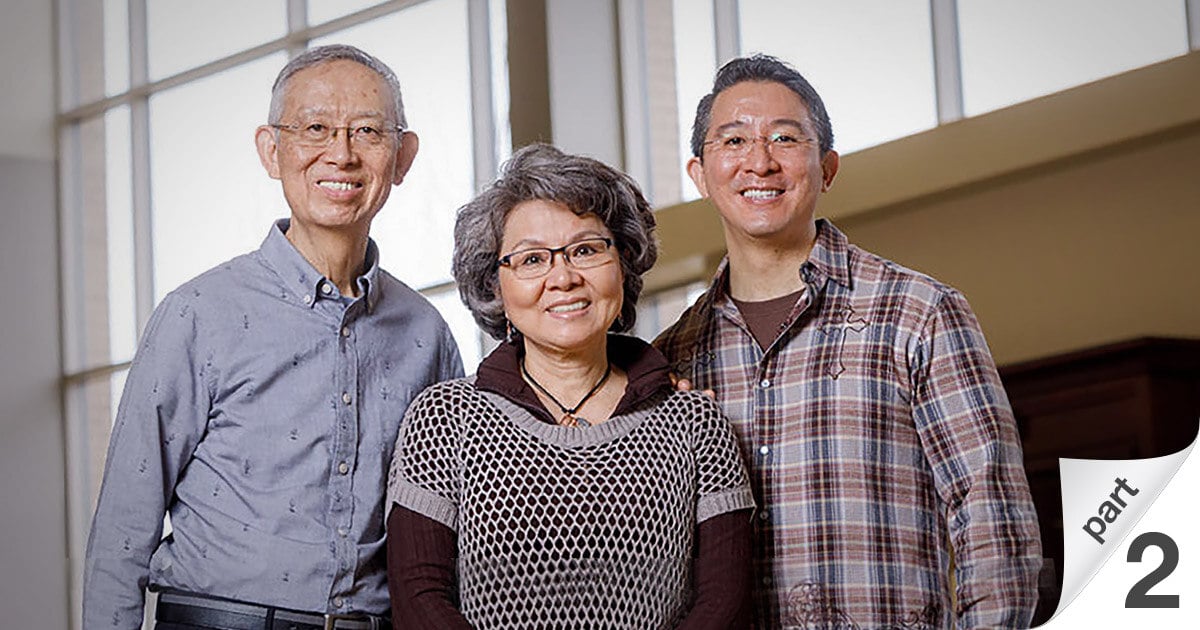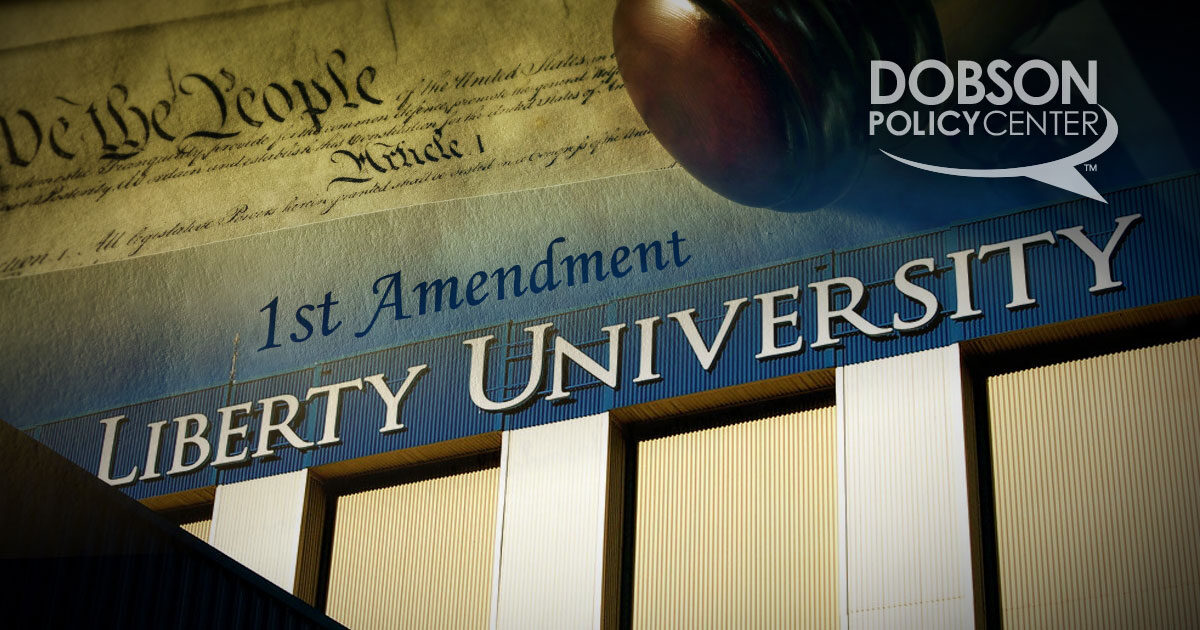While overturning Roe v. Wade was a good thing, we will continue to have occasional disappointments like this until the Supreme Court rules that there is a right to life embedded in our founding documents. However, it is also important to understand fully what the justices really did in this case.
The court did not rule that abortion pills are okay. The justices ruled that the plaintiffs bringing the lawsuit simply did not have standing in the case. Standing is the legal principle governing the right of someone to bring a case before the courts, but it requires a demonstration of harm caused by the law the plaintiff is challenging.
In this case, the justices could not find how the plaintiffs were harmed in a way that required the court to intervene. Every justice—even the most conservative, pro-life justices—agreed with that conclusion.
However, Carrie Severino, president of the conservative Judicial Crisis Network and a former clerk for Justice Clarence Thomas, suggested there is a silver lining that should not be overlooked in this 9-to-0 decision. She said:
"It's notable that the Court went out of its way to underscore the importance of conscience rights and say that existing federal law protects rather than coerces pro-life doctors. . . . Hospitals can no longer hide behind specious legal arguments to strong-arm doctors, contrary to their consciences."
In other words, pro-life doctors and hospital staff have strong conscience protections against being forced to perform abortions or provide chemical abortion pills. That was one of the reasons why the justices ruled unanimously. Even the most liberal justices had to accept the notion that pro-life doctors cannot be forced to participate in abortions.
While JDFI is disappointed that the court did not examine whether the FDA's relaxed regulations for abortion pills were legal or not, the justices did, by a 9-to-0 vote, uphold a major principle in the battle we have been fighting.











